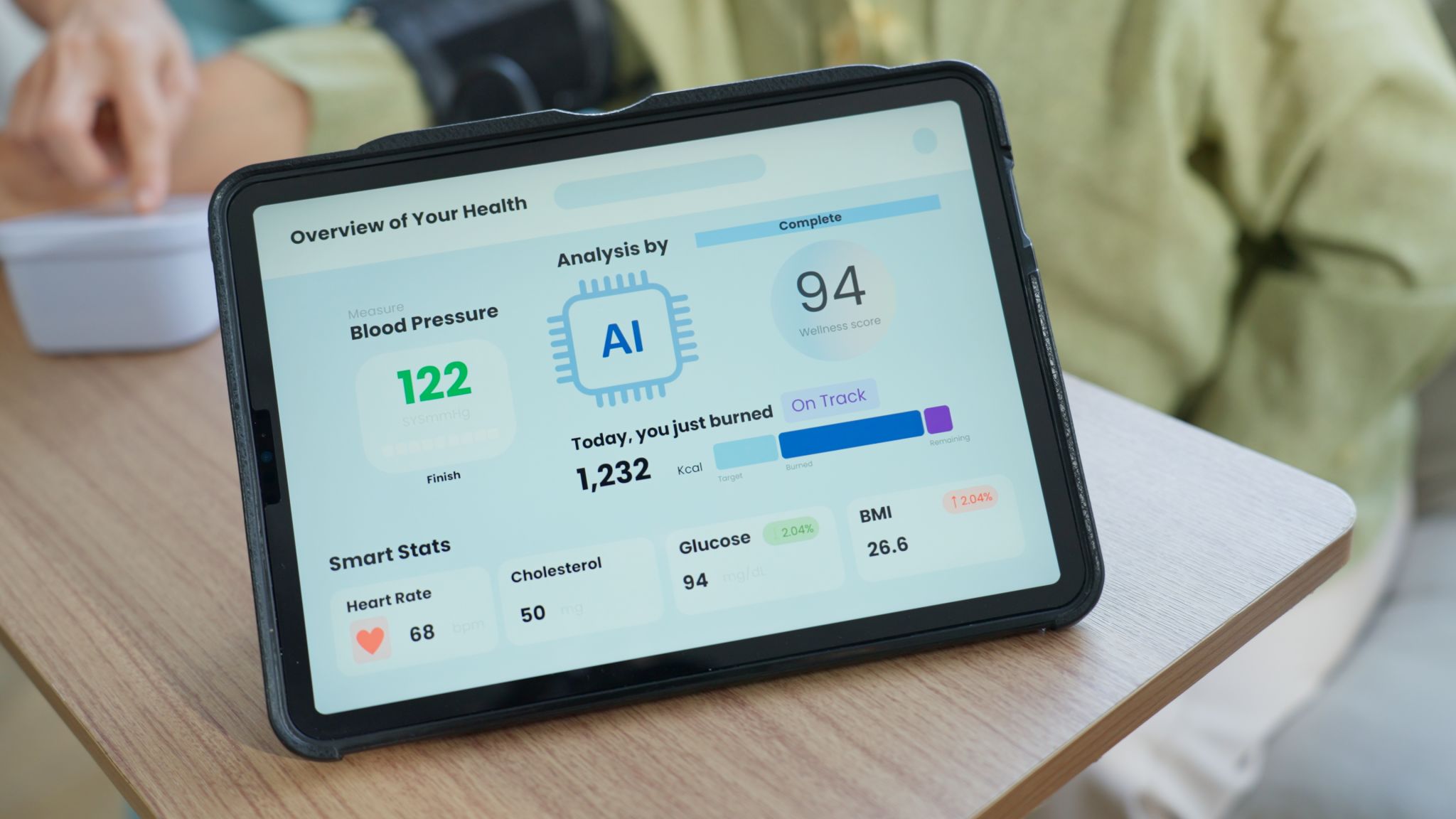Understanding the Latest Medical Innovations and Trends
DA
The Advent of Personalized Medicine
One of the most groundbreaking trends in recent medical innovations is the rise of personalized medicine. This approach tailors medical treatment to the individual characteristics of each patient. By utilizing genetic information, personalized medicine allows healthcare providers to predict how patients will respond to medications, thus improving the effectiveness of treatments and reducing adverse effects.
For example, in oncology, personalized medicine has significantly contributed to the development of targeted therapies that focus on specific genetic mutations found in cancer cells, leading to more effective and less harmful cancer treatments.

The Impact of Artificial Intelligence in Healthcare
Artificial intelligence (AI) is rapidly transforming the healthcare landscape by enhancing diagnostic accuracy and streamlining administrative processes. AI algorithms can analyze vast amounts of data quickly, identifying patterns and predicting outcomes with greater precision.
In radiology, for instance, AI tools are used to interpret medical images, helping radiologists detect anomalies faster and with higher accuracy. Additionally, AI-driven chatbots are being incorporated into telemedicine platforms to assist with patient inquiries and appointment scheduling, significantly improving patient engagement and operational efficiency.

Telemedicine: Expanding Access to Care
The COVID-19 pandemic accelerated the adoption of telemedicine, making it a staple in modern healthcare delivery. Telemedicine uses technology to provide remote clinical services, such as consultations and follow-ups, which has proven invaluable in increasing access to care, especially in rural and underserved areas.
Some benefits of telemedicine include:
- Reduced travel time and costs for patients
- Increased access to specialists
- Improved patient compliance and monitoring

Wearable Technology and Health Monitoring
Wearable technology has revolutionized how individuals monitor their health. Devices like smartwatches and fitness trackers collect real-time data on various health metrics, such as heart rate, physical activity, and sleep patterns. This data empowers users to take a more proactive role in managing their health and enables healthcare providers to make more informed decisions.
These devices are particularly beneficial for chronic disease management. For example, continuous glucose monitors provide diabetic patients with real-time feedback on their blood sugar levels, allowing for better disease management and reduced risk of complications.
Regenerative Medicine: Healing from Within
Regenerative medicine is an exciting field that focuses on repairing or replacing damaged tissues and organs through the body's natural healing processes. This area includes stem cell therapy, tissue engineering, and the use of biologics.
Stem cell therapy holds promise for treating conditions like Parkinson's disease, spinal cord injuries, and heart disease. Researchers are exploring how these cells can regenerate damaged tissue and restore function, offering hope for patients with previously untreatable conditions.

The Future of Medical Innovations
The future of medical innovations looks promising as technology continues to advance at an unprecedented pace. The integration of digital health tools, genomics, and AI will likely lead to even more personalized and efficient healthcare systems. As we continue to explore these innovations, ethical considerations and regulatory frameworks will be crucial in ensuring that these technologies benefit everyone equitably.
Staying informed about these trends not only empowers healthcare professionals but also patients who are increasingly becoming active participants in their own health journeys. Embracing these innovations can lead to a healthier future for all.